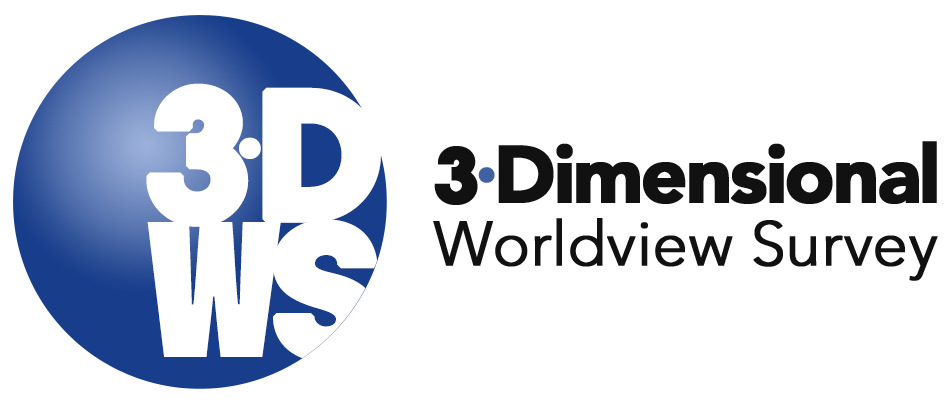Knowing What’s Right & Wrong
January 24, 2023
Katherine Schultz
This post contains a biblical perspective on knowing what’s right and wrong from a 3-D worldview perspective. It is from a series of personal perspectives on the individual questions of the 3-D Worldview Survey.
If I’m honest…
If I’m honest, I’m more likely to worry about whether what someone else is doing is right or wrong than if what I’m doing is right or wrong. It’s just easier. More comfortable. More… pleasant. As soon as I have to start thinking about my own actions, it can get uncomfortable. What if I realize what I’m doing is wrong–or worse, realize it is wrong and I still want to keep doing it? So what if I really think someone else is doing something wrong? Hidden behind that reality, is one striking fact: if I find myself in this situation, then I have to agree that I can know what’s right and wrong for not only myself, but for other people. I have a suspicion that it might be easier if I didn’t believe this, but there you have it.
The Truth is…
The Truth is that I can know what’s right and wrong for myself and for other people because there is the same standard, and it’s not inside me, or inside another person. It is the everlasting standard set out by God in His Word, the Bible.
I will put my law in their inward parts, and write it in their hearts; and will be their God, and they shall be my people. (Jeremiah 31:33)
As soon as I try to adapt right and wrong for an individual preference or opinion or conviction, I’m left with the very high likelihood that there will be a conflict at some point between me and another person, and then where are we? To what can we appeal in times of disagreement about what’s right and wrong? It has to be possible to settle the disagreement with something other than “might is right.”
What about you?
What about you? Do you find yourself looking at someone else and making a decision about whether what they are doing is right or wrong? Even if you do it impulsively, without really thinking about what you are doing or even wanting to do it, if you make a call like that, you are saying you can make a call about the morality of someone else’s behavior–that you can know what is right or wrong for someone else. Do you actually have that right, that authority? And how do you handle disagreements over the call? Looking to something outside of a single person’s views is much more consistent, and when that source of morality is the Word of God (both the written word, and the personal Word who is Jesus), the justice of the situation is much higher than any human can administer. And the mercy is extended lavishly, too.
Interested in more questions you can ask to help understand a person’s worldview? Download the free pdf “10 Questions to Discover Your Worldview” below.





